(from Rabat) A message to Europe to pacify tensions between the two sides of the Mediterranean so that the peoples inhabiting those lands may get to know and respect each other, and live together. These are the expectations of Muslims in Morocco ahead of the visit of Pope Francis in Rabat, planned for the coming week. We are in the palace where the Unity and Reform Movement (MUR) is headquartered. This is one of the most widespread Islamic organizations in the Country with 20 thousand registered members and high numbers of supporters across the Country, difficult to quantify. The Movement was founded in the mid 1990s and it accompanies – by working at grassroots level – the difficult path that the Country has been undertaking over the past years to combat religious extremism and spread a moderate and tolerant Islam, or, as it is defined here, “a fairly-balanced” Islam. Abderrahim Cheikhi is the President of the Movement. “We welcome Pope Francis to Morocco”, he promptly remarked.

“We hope that this visit will send a strong message to extremist right-wing movements that are active in Europe and in the United States. We are witnessing a resurgence of hate speech that often generates dangerous acts of violence. I believe that the Pope, and wise Christians and Muslims in general, will send a message to strengthen the bonds of friendship between religions through dialogue.
We need this dialogue to reduce existing tensions.”
The organization is engaged in three sectors: preaching – with the invitation to “do good and respect it”; education – understood as “the quest for serenity and wisdom”; and formation. “Unity and Reform”, the features that qualifies the Movement, attest to the search for a fair balance between past and present, tradition and modernity, characterising Islam and Morocco. A “new understanding” of the Koran – said Cheikhi –combining faithfulness and innovation in the light of the teachings of the Prophet and the fundamental changes in the world today. It is an Islam that condemns “all forms of violence and the threats to the life and safety of the innocent. It defines freedom as “God’s gift to man”; it supports democracy as “an immense goal achieved in the history of humanity.” It adheres in full to the “International Declarations and Conventions for Human Rights”.
This is the “face” of Moroccan Islam that will welcome Pope Francis. An authentic Islam in fidelity to the sources but open to global transformations, in dialogue with others. With this spirit the King inaugurated the Mohammed VI Institute for the Formation of Imams in 2015, in the awareness that the fight on devious extremist behaviours must start in mosques with the involvement of Imams and the preaching of a tolerant Islam, coupled by modern education at the highest levels. Nachat Salah, Professor at Hassan II University, believes that this battle can be won only “by referring to the sources of Islam without being discouraged by the behaviour of those who distort its teachings.” This implies two fields of action. The first is at internal level, working “in schools to show the true meaning of our religion to the young”; the other is extended externally to spread
“the image of Islam as a religion of tolerance and peace.”
Mohammed Talabi, member of the Movement, frequently in Europe to attend Conferences on dialogue and peace, spoke of “two disorders” that afflict modern societies. These are: “Islamophobia and Westernphobia.” “Muslims are afraid of the West and westerners fear Islam, both without reason.
Those who are propagating a clash between the two sides of the Mediterranean are exploiting people’s fears. We firmly believe that Muslims and Christians have good relations, and we need to say it.”
Talabi highlighted the “common points” that unite our civilizations: adhesion to moral principles, sharing the faith in the Book, the figure of Jesus, the reference to Mary. “We cannot accept that people approach our common heritage to desecrate it.” The visit of Pope Francis takes place at this delicate moment in time. The climate of tension and suspicion that is spreading across societies, making the general public see otherness as an enemy, is a major concern in “this part of the world.” “Muslims and Christians together can give renewed hope to humanity”, we were told at the MUR headquarters. Working for hope today “means contributing to decreasing tensions in order to build a future of coexistence.”










